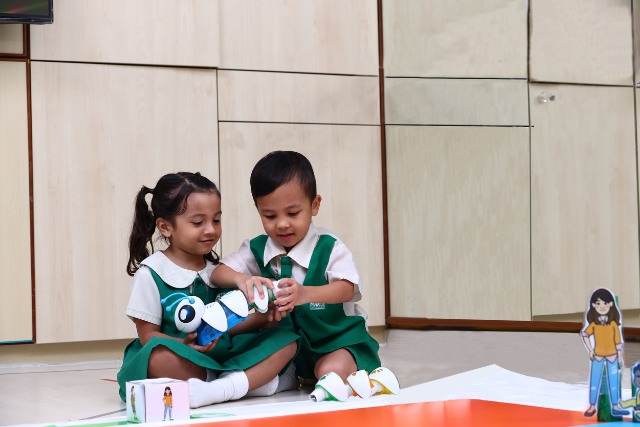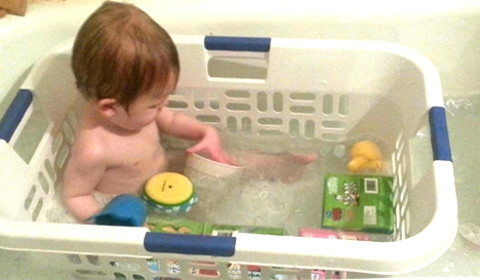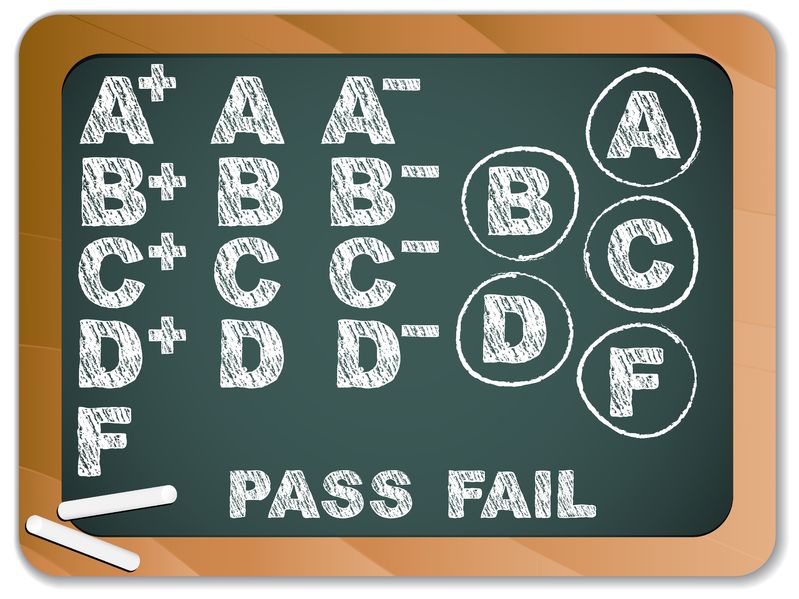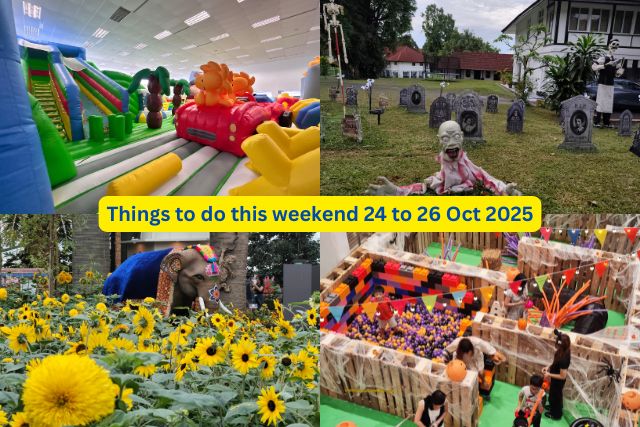Parenting is different for every generation. Over the years, many have observed their parents, and they have applied those basic knowledge to raise their children. Believe it or not, parenting is an individualized process as what works for one child may not be appropriate for the other. Often, we parents try different things to see which will work and along the way, we adopt processes and teaching methods that may not be useful for our children. Some parenting mistakes are insignificant but others may be impactful as they may present long term consequences for the children.

Parenting mistake #1 – Favoritism
While research has shown that 65% of parents have shown a preference for one particular child, some are not consciously aware that they have demonstrated favoritism. This practice of giving preferential treatment may be commonly given to boys or the youngest children in the family.

If left unchecked, such unhealthy treatment can be harmful to the other children as they may struggle with poor self-esteem, depression, and resentment (towards other siblings). Such personal struggles may even continue into adulthood, and result in biased perspectives. Such devastating effects of sibling relationships can be felt long after the children have left home, and from their habitual avoidance to get together.
⇒ Related Read: Are You Showing Favouritism To Your Child?
Parenting mistake #2 – Hands-free
Some parents go hands-free believing that their children are ready to take care of themselves when they start kindergarten or primary school. They may not see the importance or understand the need to be involved in their children’s learning and growing process. Over time, parents may also lessen their regular checks or evaluation of their children’s school performance and behavior. As such, children may subsequently lack the motivation to work harder, and they will struggle with their performance eventually. As time goes by, this lack of support will translate into a lack of confidence and desire to achieve. With no one to chart their academic journey, these children will miss many opportunities to learn different and critical skills.
Parenting mistake #3 – Giving them anything they want
Some parents grew up during a more conservative period and did not have access to consistent material and technology privileges. This generation of parents did not grow up savvy but learnt to realize their goals by working very hard.
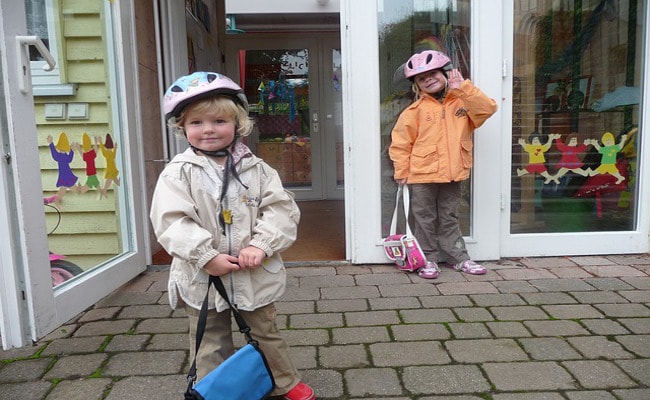
Today, with progress and abundance, parents do not limit on what they can get for their children. It is not uncommon to spot primary or even preschool children with the latest smartphones in their hands. Because their parents get them whatever they want, these children may not be motivated to work hard. The repeated cycles of not earning what they deserve will not help to shape the desired character for achieving personal success. In the meantime, while the latest and stylish personal effects are circulating in schools, some parents and children are too busy keeping up in their own ways.
⇒ Related Read: Are You Raising A Spoiled Child? 8 Tell Tale Signs
Parenting mistake #4 – Letting children decide on what they want
Today, more parents are letting their children have their say. Often, this does not limit to simple routines like ordering food from the menu or buying items. But sometimes, parents let their children determine if they should take up certain classes or skills.

My view is that we should not let our children make the final decision for a few reasons. Firstly, they do not have the experience and wisdom to make a reasonable analysis. In addition, they cannot understand the implication for missing specific learning opportunities which could be essential for today’s competitive climate. Often, they rely on their emotions (instead of using intelligent reasoning) to arrive at a certain decision. As such, certain parenting responsibilities should not be delegated.
Parenting mistake #5 – Changing gear
In the beginning, parents are usually optimistic, and they have high hopes that their children will be fast learners and achievers. As time passes, some of these parents change their plans, and they become doubtful of their children’s capabilities. Essentially, learning requires effort.

While some children show specific talent at a tender age (and others don’t), parents should not use this basis to stop nurturing any potential. Yes, we see toddlers learning certain skills at age 2 or 3, and they become awesome piano, violin players at 5 or 6 but such results in part come from early exposure. Parents should not be easily discouraged if they have missed the opportunity to start their children early. Instead, with commitment, discipline and patience, they can see their children blossom eventually.
⇒ Related Read: Mindful Parenting
Your own parenting style and journey
There was once when I thought that I should follow what other mothers do. Otherwise, my child would not be seen as keeping up or learning as much. In recent years, I have learnt that this should not be the case as children are all different, and they grow at a varied pace. Yes, today’s parenting can be more involved and sophisticated compared to previous generations but adults have a choice to determine the nurturing journey that they want to undertake.
With more resources and tools being available, today’s parents can adjust and build their capabilities if they have the determination. Even as school, community, and family interaction become more complex, parents should not feel pressurized to cope or move along without evaluating or considering their children’s true needs.
By Caroline Yeung
Caroline has over 18 years of communication experience and she has worked with technology and consumer companies. Her recent interest in Early Childhood Education has led her to work towards a certificate from The UCLA Extension in California. Caroline’s previous teaching experience also came from working with junior college and polytechnic students in Singapore.
What are your thoughts on the above parenting mistakes? Share them with us in the comment box below.
Like what you see here? Get parenting tips and stories straight to your inbox! Join our mailing list here.












